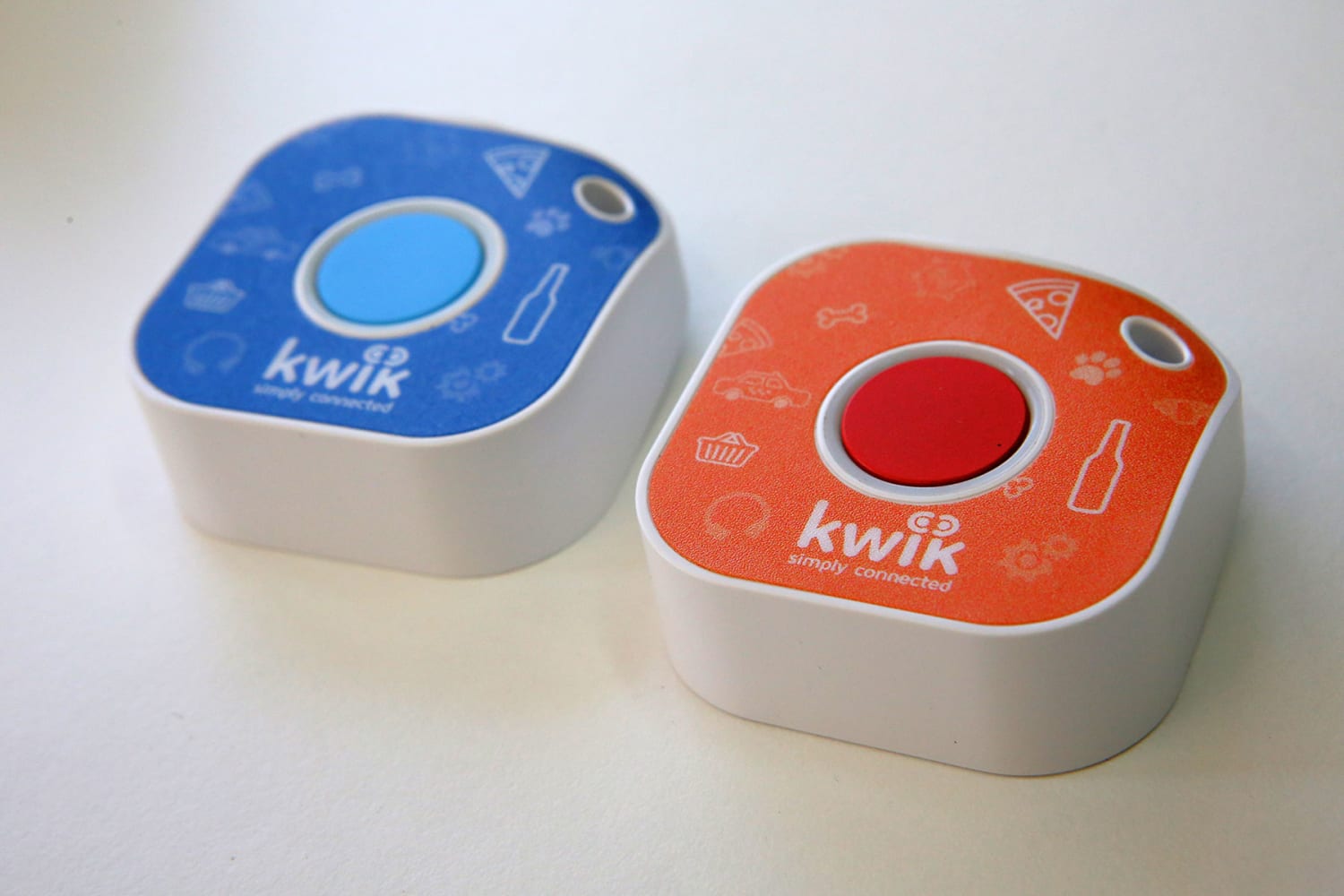When it comes to technology, Israel is punching above its weight. Despite its small size, the nation is home to a large startup scene that has drawn global attention.
In 2016, for example, the World Economic Forum declared Israel to be among “seven countries emerging as frontrunners in the Fourth Industrial Revolution,” a transformation in the economy “characterized by a fusion of technologies that is blurring the lines between the physical, digital, and biological spheres.”
Specifically, Israel was rated fourth among global markets in the economic impact of information technologies. The country is known as “a supportive enabling environment characterized by sound regulation, quality infrastructure and ready skills supply,” the WEF stated.
With a tight-knit community of technology workers, many of whom are alumni of Israeli government and military agencies such as the high-tech Unit 8200 (analogous to the US National Security Agency), Israel has managed to replicate many of the conditions that have led to the rise of successful technology hubs elsewhere.
“There’s a lot of mission-critical, fast, on-the-job training, and that creates a very good culture,” said Eden Shochat, a partner at Israeli venture capital agency Aleph, speaking at an event organized by the Israel Export Institute. “The theory is the geopolitical situation drives a lot of it,” he said, and “regardless of whether [high-tech activity] takes place in the army or not—it creates a culture.”
Shochat said that Israel’s high-tech sector was as dense as the network in Silicon Valley, and more so than the celebrated tech ecosystems in London and Berlin. “In Israel, every person that needs to achieve something will be able to find someone who can help them do it,” he said.
Tsafrir Atar, head of Citi’s accelerator program in Tel Aviv, agreed. A startup in Paris, for example, might have to build a pan-European network of contractors for services such as consulting or accounting, and seek regulatory approvals from authorities in various cities. In contrast, he said, “in Israel, everything is here.”
Gabby Czertok, general manager at The Bridge by Coca-Cola, a “commercialization program” based in Tel Aviv, struggled at first to identify areas where Coca-Cola could contribute to the Israeli startup scene, before settling on helping companies tell their stories and scale up to reach wider markets.
Israel offers an ideal environment to test new business strategies, Czertok said. “If Coca-Cola’s going to make a mistake in Silicon Valley, it will be in the newspaper about how terrible it is, but if Coca-Cola does it in Israel no one will ever know,” he joked. In Israel, he said, “there’s more thirst to work with big brands.”
Startup profiles
A recent Innovation Group visit to Tel Aviv and Jerusalem turned up examples of startups across advertising tech, as well as in virtual reality, robotics, and more. Here, we focus on startups working in retail tech and artificial intelligence.
Retail tech
Several startups operating in the retail space are offering services similar to those of large technology companies, but on better terms for brands. Kwik pitched its one-click order buttons, a similar concept to the more-familiar Amazon Dash.






